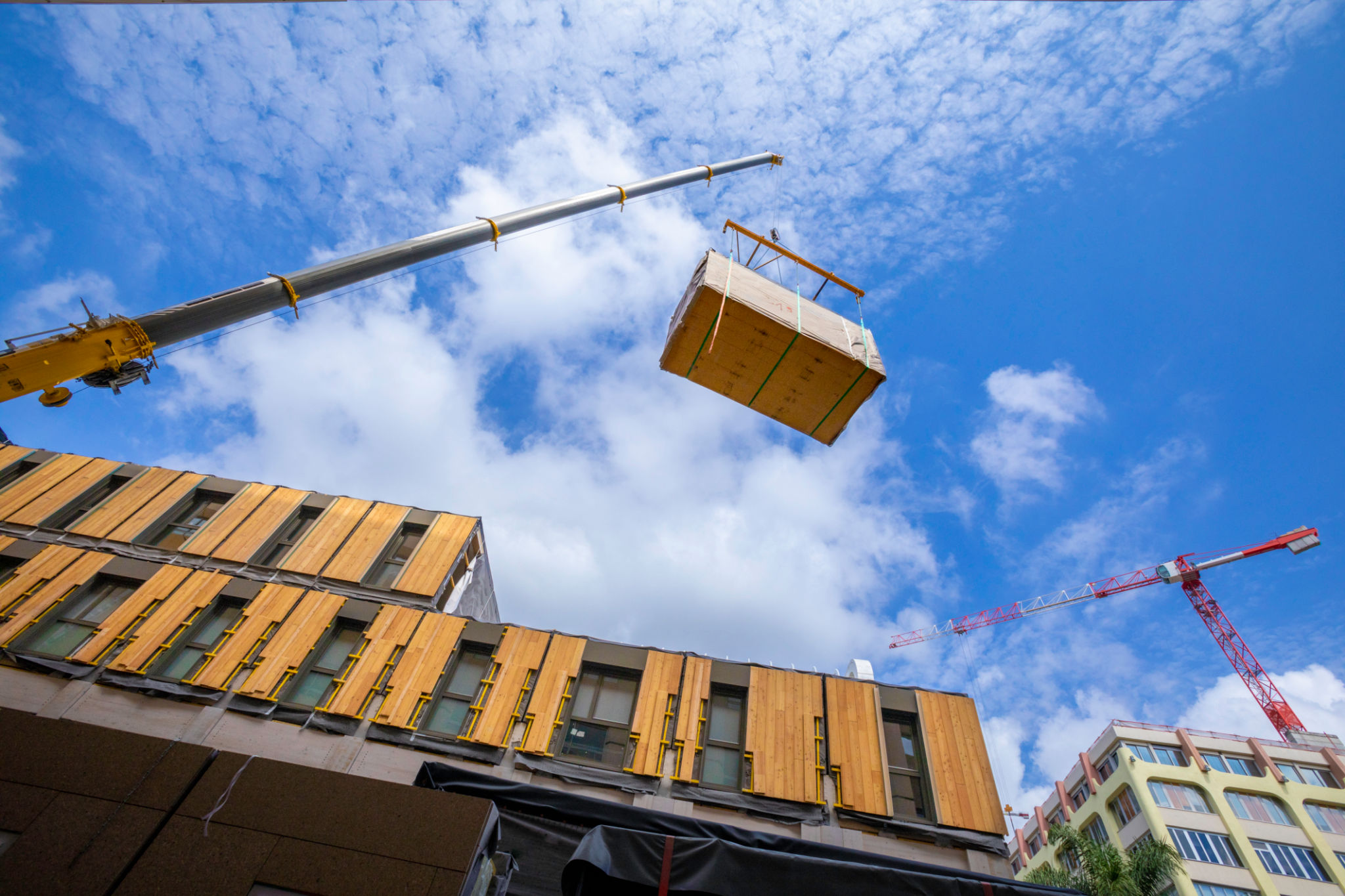Understanding Local Building Regulations in Miami: A Contractor's Perspective
Introduction to Miami's Building Regulations
For contractors, understanding local building regulations is crucial to ensuring a smooth construction process. Miami, with its unique climate and geographical challenges, has specific regulations that must be adhered to. These regulations are designed to ensure safety, sustainability, and compliance with local standards. Whether you're a seasoned contractor or new to the Miami construction scene, it's essential to stay informed about these rules.

Climate Considerations
Miami's tropical climate presents unique challenges that influence building regulations. The city is prone to hurricanes and high humidity levels, which means that structures must be designed to withstand strong winds and heavy rainfall. As a contractor, understanding the importance of these climate considerations is critical. Regulations often require the use of specific materials and construction techniques that enhance durability against such conditions.
For instance, Miami's building code mandates the use of impact-resistant windows and doors. This requirement not only protects the structure but also ensures the safety of its occupants during severe weather events. Adhering to these regulations is not just about compliance; it's about prioritizing safety and security.
Permit Process and Requirements
Navigating the permit process in Miami can be complex. Contractors must obtain various permits depending on the type and scope of the project. These permits include building permits, zoning permits, and sometimes special permits for renovations or demolitions. Each permit application must be carefully prepared to meet the detailed requirements set forth by local authorities.

The permit process involves submitting architectural plans, engineering reports, and other documentation for review. It's crucial for contractors to be thorough and accurate in their submissions to avoid delays. Keeping abreast of any changes in permit requirements is also important, as regulations can evolve over time.
Environmental Impact and Sustainability
Miami places a strong emphasis on sustainability and minimizing environmental impact. Contractors are encouraged to incorporate green building practices into their projects. This includes using energy-efficient materials, implementing water conservation measures, and adopting environmentally friendly construction techniques.
Some building regulations in Miami focus on reducing carbon footprints and enhancing energy efficiency. Contractors should be aware of incentives available for sustainable building practices, which can benefit both the project budget and the environment. Embracing these practices can also enhance a contractor's reputation as a forward-thinking and environmentally conscious professional.

Staying Informed and Compliant
Keeping up with Miami's building regulations requires continuous learning and adaptation. Contractors can benefit from attending workshops, seminars, and training sessions that provide updates on regulatory changes. Engaging with local industry groups and networks can also provide valuable insights and resources.
Building relationships with local authorities and inspectors can facilitate smoother project execution. Open communication ensures that any issues or concerns are addressed promptly, reducing the risk of non-compliance penalties or project delays.
Conclusion
Understanding local building regulations in Miami is essential for every contractor aiming to succeed in this vibrant city. By prioritizing compliance, safety, and sustainability, contractors can not only meet regulatory requirements but also deliver high-quality projects that stand the test of time. Staying informed and proactive will pave the way for successful construction endeavors in Miami's dynamic environment.
